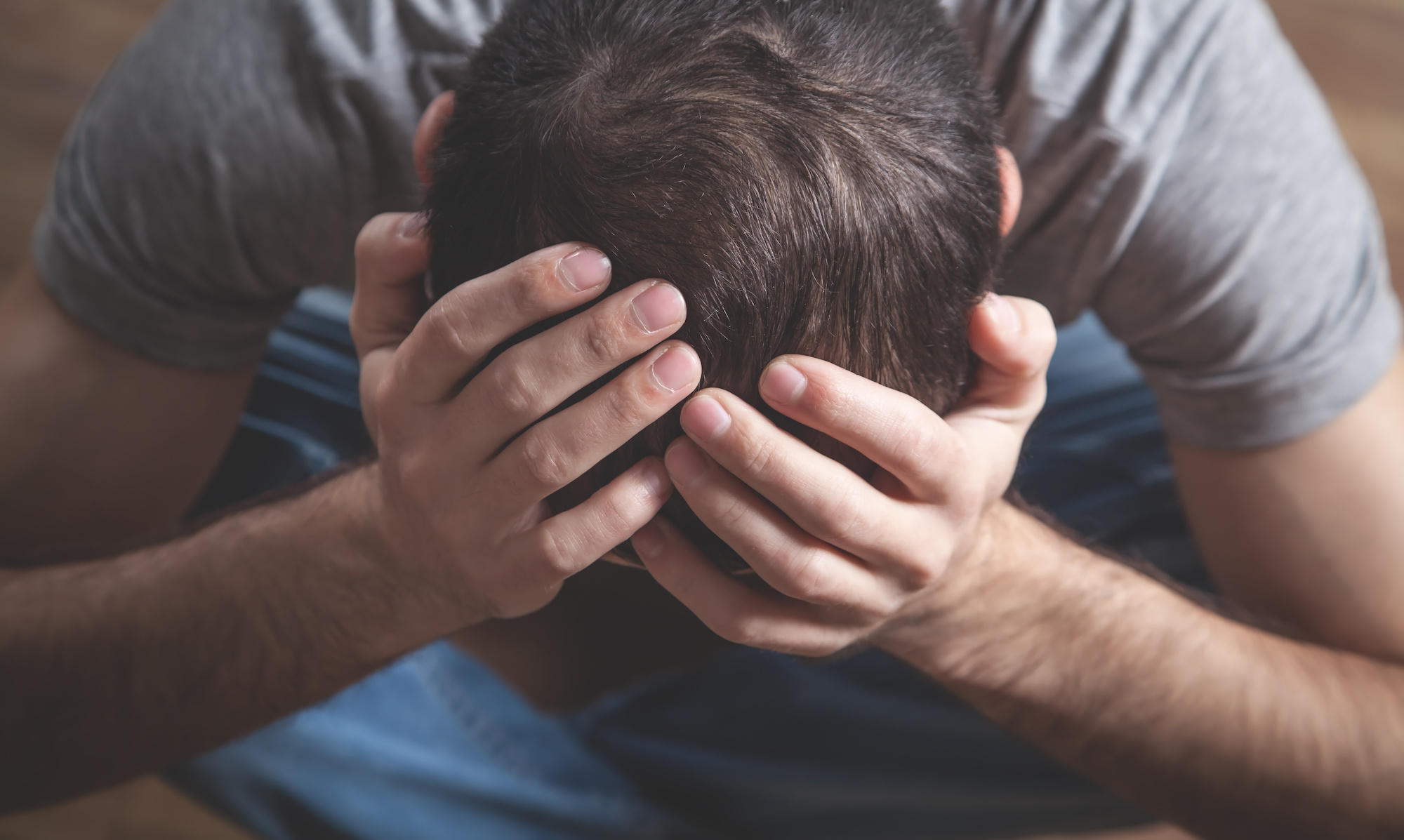Mental health is a critical aspect of our overall well-being.
It affects our thoughts, feelings, and behaviors and can have a significant impact on our quality of life. Unfortunately, mental health issues are often stigmatized, and men, in particular, are often reluctant to seek help.
Mental health problems affect men just as much as they affect women, but men are less likely to seek help. This could be due to societal expectations of masculinity, which can make men feel like they need to be tough and self-sufficient. However, ignoring mental health problems can lead to serious consequences, including substance abuse, relationship problems, and even suicide.
Depression
Depression is one of the most common mental health problems, and it affects men just as much as it does women. Depression can cause feelings of sadness, hopelessness, and fatigue, and can make it difficult to enjoy life. Men with depression may also experience physical symptoms, such as headaches, stomach problems, and sexual dysfunction.
Anxiety
Anxiety is another common mental health problem that affects men. Anxiety can cause feelings of worry, fear, and panic, and can interfere with daily activities. Men with anxiety may also experience physical symptoms, such as sweating, trembling, and rapid heartbeat.
PTSD
Post-traumatic stress disorder (PTSD) is another mental health problem that affects men, particularly those who have served in the military or experienced traumatic events. PTSD can cause symptoms such as flashbacks, nightmares, and avoidance of triggers that remind the person of the trauma.
It is essential for men to take care of their mental health, just as they take care of their physical health. This can include seeking help from a mental health professional, talking to a trusted friend or family member, and practicing self-care activities such as exercise, meditation, and mindfulness.
In conclusion, mental health is a critical aspect of our overall well-being, and it is important for men to take care of their mental health just as they take care of their physical health. Men should not be afraid to seek help if they are struggling with mental health problems, as there are many resources available to help them. By taking care of their mental health, men can lead happier, healthier lives.
Martha Livingston, PhD, LPC

